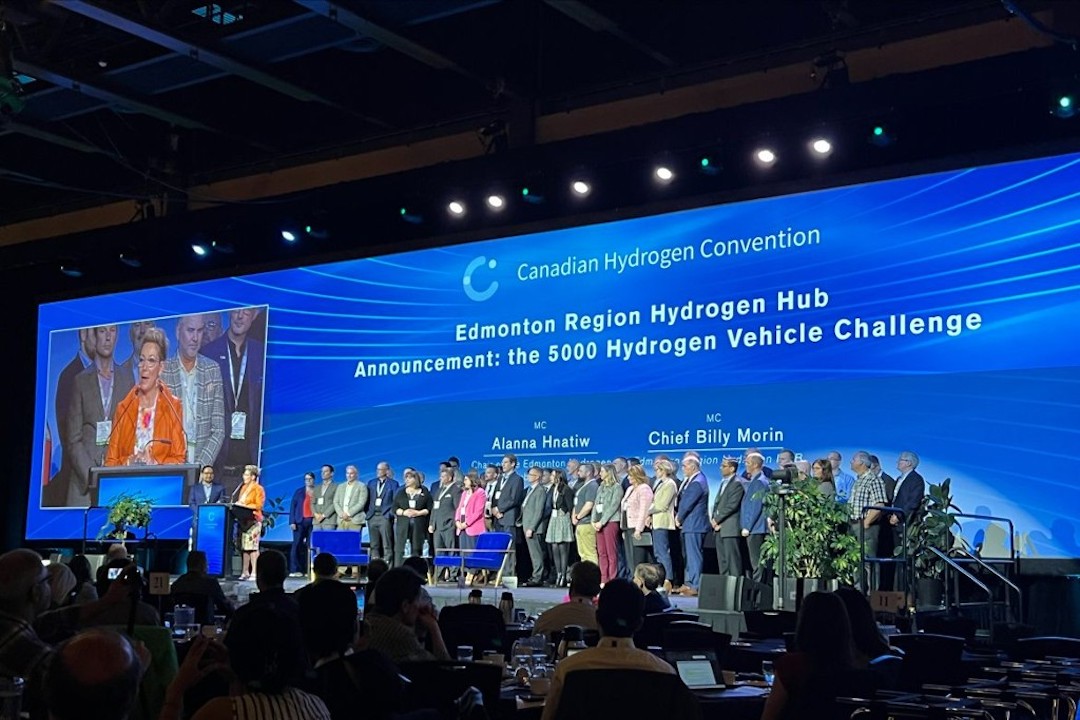
Explainer: Edmonton's complex regional cooperation landscape
Several of the five municipalities that have voted to leave Edmonton Global say they remain committed to regional economic development — but will do so through other organizations.
So, what are the other economic development organizations that serve the Edmonton region? How does their work differ from one another? What are their results? And what do municipalities say about them? Taproot endeavoured to take a regional look to answer those questions.
In December, Strathcona County signalled its intent to leave Edmonton Global (though the process takes two years). Mayor Rod Frank and council cited budgetary restrictions for the decision. Edmonton Global's 14 members are responsible for $5 million in fees per year. Member contributions are determined by population and tax base. Soon after Strathcona County's decision made news, Sturgeon County, Parkland County, Devon, and The City of Fort Saskatchewan followed suit.
Edmonton Global is currently on a listening tour to find ways to improve the situation. It involves regularly scheduled appearances before member councils, as well as hiring two consultants, and a self-organized subcommittee of members to improve relations.
Some say cooperating as a region is just inherently tough. In November, Robert W. Murray and Chris Steele, both with financial ties to Edmonton Global, wrote in a Postmedia op-ed that the concept is proven but will take time. "In Alberta, regional collaboration remains an idea still in its infancy," they wrote. In December, Simon Boersma, Morinville mayor and shareholder chair for Edmonton Global, told CBC much the same thing. "Any time that we look at organizations that encompass more than two or three people, it's like living in a family trying to figure out how that is going to affect you," Boersma said.
Frank, meanwhile, said Strathcona County would continue its regional development work through the Edmonton Metropolitan Region Board, Edmonton International Airport, the Edmonton Region Hydrogen HUB, and Alberta's Industrial Heartland Association. He also said the county may reconsider its exit from Edmonton Global before the 2025 deadline.
A central idea behind regional economic development organizations is about savings. While each municipality can work on its own economic development, participating in collective organizations that promote the overall region means smaller municipalities have a larger reach with fewer dollars than they otherwise would.
Edmonton Global's mandate is to attract foreign investment into the region. Though other regional development organizations work to build collective economic opportunity, none focus primarily on international companies.
To map Edmonton's regional development landscape, Taproot reached out to the Heartland Association, the Edmonton Regional Innovation Network, the EMRB, and the HUB, as well as several municipalities. Most responded to questions, though some declined to respond and others did not answer all inquiries by press time.






